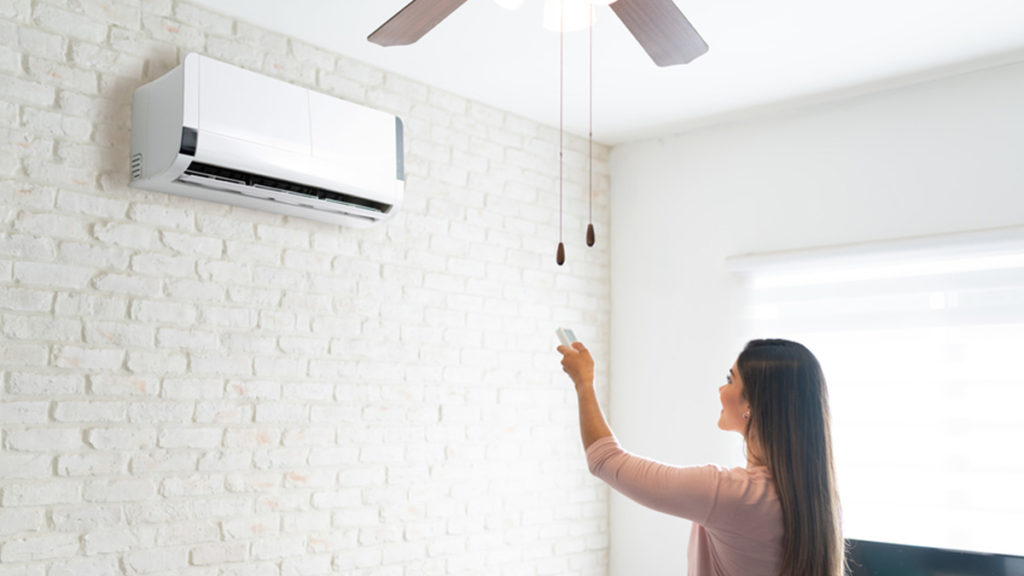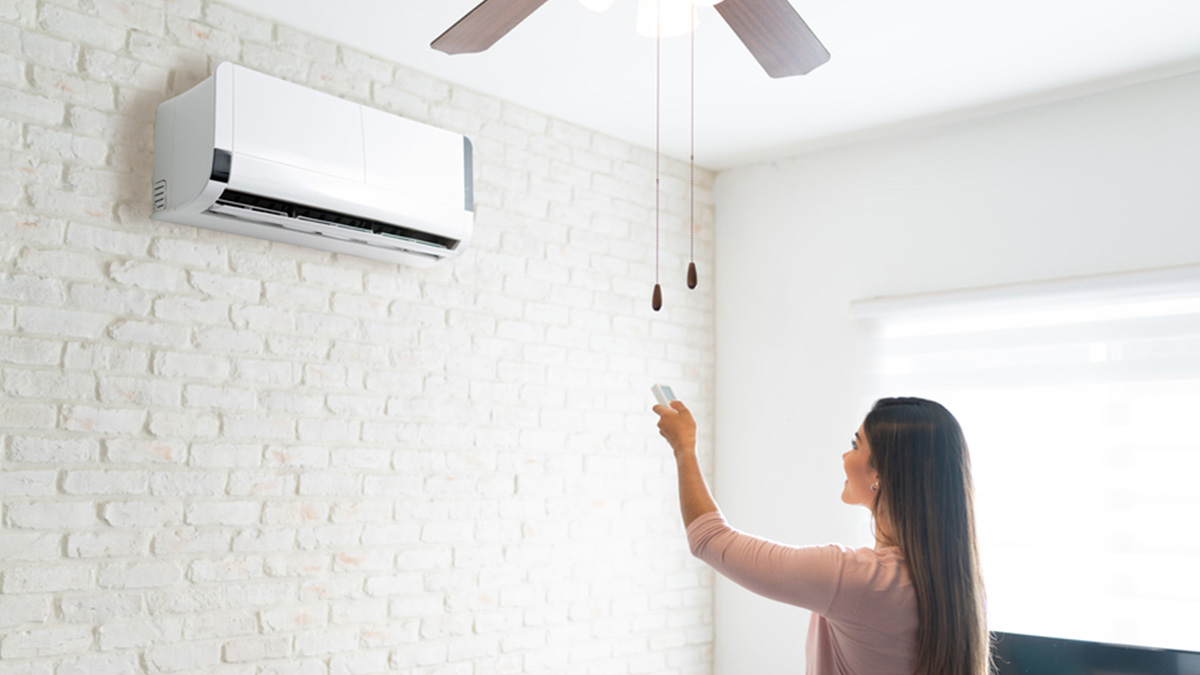
As the temperature rises in many countries, residents turn to their air conditioning systems for cooling. Though it’s a staple in modern homes, there are still many misconceptions about its effects on indoor air quality and health. Let’s clear the air on some of these common myths:
You can bring fresh, cool outdoor air into your home with an air conditioner.
Air is never drawn from the outside and brought inside by air conditioners. Air conditioners recycle the air that is already inside your home. In the system, warm air is pumped out and as the coolant passes through the compressor and condenser, it is turned into cool liquid. As the cold air is reintroduced into the room, the temperature and humidity are both lowered.
Your AC can cause you to get colds and coughs during the summer months.
Surely you’ve heard about the effects of running outside and then going back inside when the air conditioner is on? The old wives’ tale is false – you get a cold or a cough from viruses in the air, not from the sudden drop in temperature when you move from a warm environment outside to a cold environment within the home. The indoor air is 5-10 times more polluted than the outdoor air. When you experience that tickling in your throat or an allergy flare-up, it’s probably caused by air pollutants such as smoke, dust, mold, and pet dander.
Air conditioners don’t need frequent cleaning or filter replacements.
Cleaning your house regularly does not mean you can overlook your AC unit when you do your regular maintenance and cleaning. Keep in mind that your AC recycles air that is mixed with other pollutants inside your house. Some of those pollutants may accumulate inside your AC. Filters can become clogged with dust particles, while mold and mildew can grow inside dirty coils and ducts. For anyone suffering from allergies or asthma, you should clean your air conditioner once a month, especially during allergy season. Make sure to change the filters according to the manufacturer’s recommendations.
Your air conditioner is the only IAQ tool you need at home
Your air conditioner’s main job is to help keep the temperature and humidity inside your home at comfortable levels. It is not intended to improve air quality conditions so that you can breathe cleaner or fresher air. Despite technological advancements, air conditioners with purification systems can only help filter some indoor air pollutants at best. When properly maintained and used, your air conditioner can complement your indoor air quality management strategy for the home. If not, it can actually worsen your indoor air quality and cause negative health effects.
How to tell when your air conditioner is causing more harm than good?
Feeling sick or experiencing asthma or allergy attacks when you’re indoors and the air conditioning is on indicates that the air that’s being circulated may be full of pollutants. Additionally, skin irritations may develop if your air conditioner is constantly blowing cold, dry air. The dryness may also affect your eyes and nose and lead to other health issues such as headaches and sinus congestion.
You can enjoy your air conditioning system’s comfort and prevent any adverse health consequences by ensuring that your indoor air quality is controlled properly. Monitoring your indoor air quality continuously makes it easy for you to make sense of the air that you breathe so you can resolve any problems before they harm your health. The information and insights you obtain will help you make informed decisions about your indoor air quality to enhance your quality of life.
#StaySmartandHealthy as you stay indoors. #getuHoo today.



